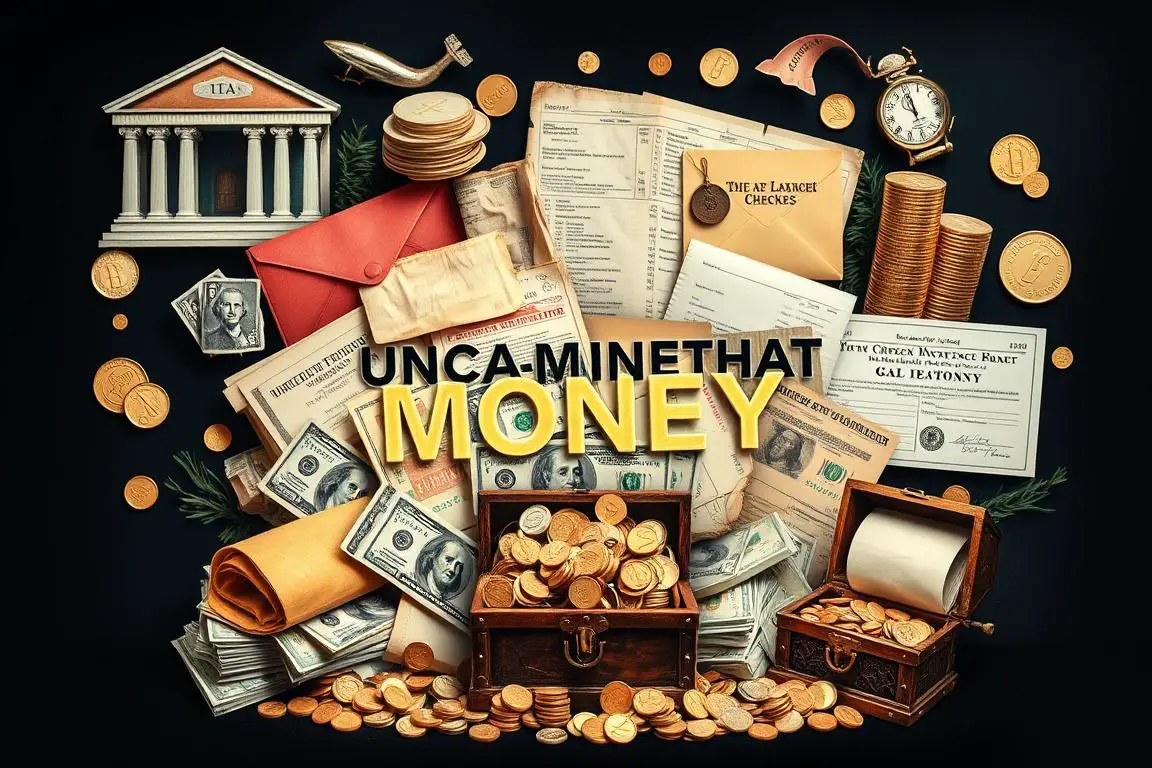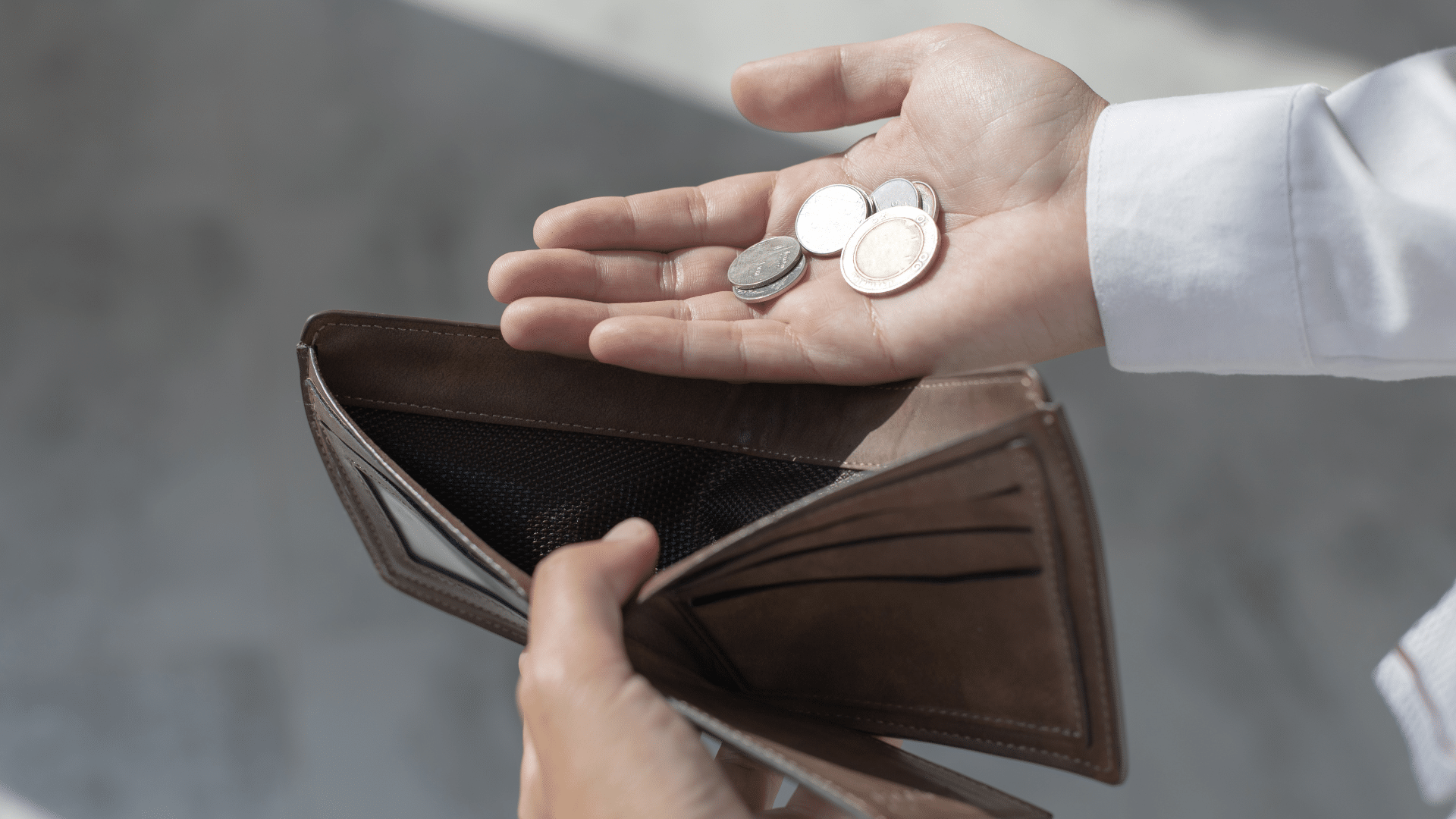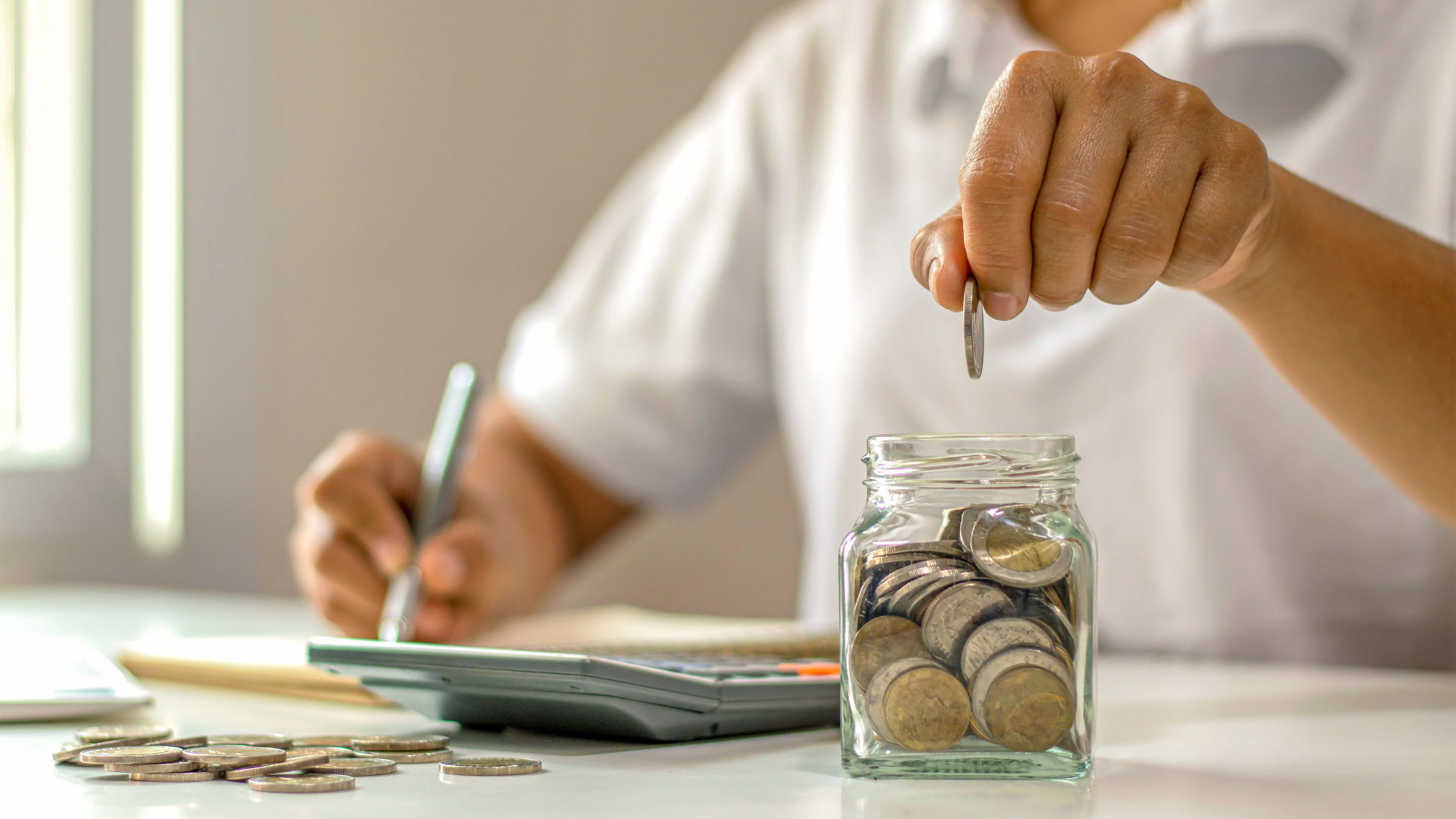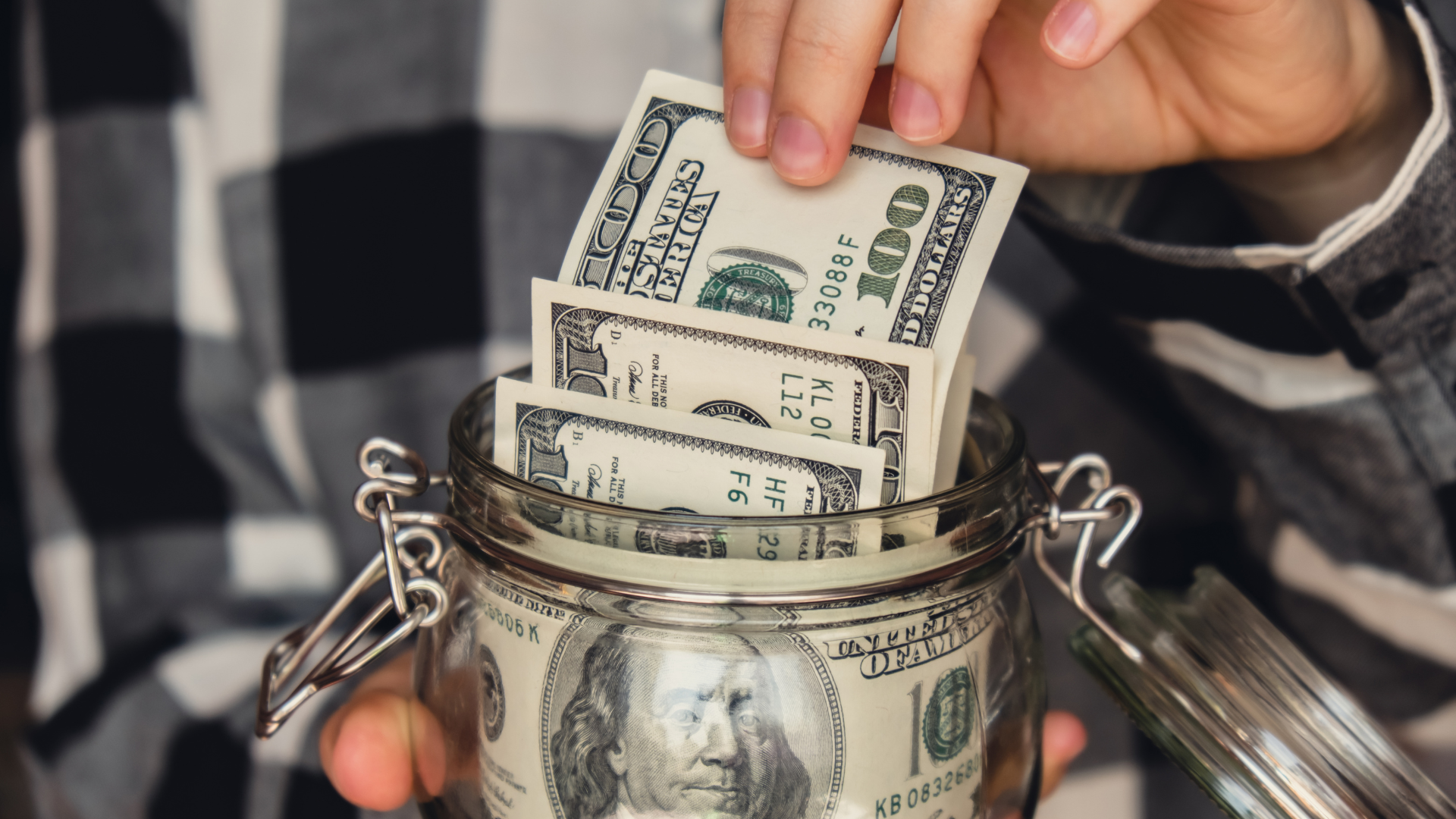Could You Be Missing Out on Unclaimed Money? Here’s How to Find It and Get What’s Rightfully Yours

Think you know all about your money? You might want to double-check. In the U.S., there’s a huge $42 billion in unclaimed property. This isn’t fantasy money; it’s real funds that could be yours. They’re just sitting there, waiting for someone to claim them.
Imagine this: you could have a refund, dividend, or inheritance out there. You just haven’t found it yet. Discovering unclaimed money is not just about getting lucky. It’s about taking what’s yours back into your hands. Let’s explore how to start this exciting search.
Key Takeaways
- The presence of over $42 billion in unclaimed money in the U.S. is an opportunity for you to recover what’s yours.
- Conducting a missing money search may reveal surprises like forgotten dividends or refunds.
- An unclaimed property search is a proactive step towards claiming assets you may not even be aware of.
- Understanding the ins and outs of how to claim unclaimed money empowers you to take charge of your financial assets.
- Starting the search process could be the key to unlocking unexpected financial resources.
Understanding Unclaimed Money and Its Sources
Many people may not know that they have unclaimed assets. Understanding unclaimed money, unclaimed asset types, and why they’re forgotten can help. You can find and maybe get back what’s yours.
What Is Unclaimed Money?
Unclaimed money is funds or property that have been forgotten or lost. The owner can’t be contacted. It includes inactive bank accounts, insurance money, and forgotten stock dividends. Use trusted resources, like an unclaimed money database, to check if you have assets to claim.
Common Types of Unclaimed Assets
Many types of assets can go unclaimed. These include uncashed checks, safety deposit box contents, and unpaid wages. Knowing what these are helps search in the right places.
How Do Funds Become Lost or Unclaimed?
Assets can become unclaimed for many reasons, often because of life changes. This happens when people move, after a family member’s death, or when contact information changes. Checks and notices can’t be delivered. Make sure to update your details and check for unclaimed money regularly.
To see how unclaimed money affects people, look at this table of common unclaimed assets:
| Type of Asset | Common Reasons for Being Unclaimed |
|---|---|
| Bank Accounts | Bank closures, lack of activity |
| Insurance Policies | Beneficiary unaware, lost paperwork |
| Stocks and Bonds | Unaware of ownership, forgotten dividends |
| Safe Deposit Boxes | Key misplacement, owner forgetfulness |
| Utility Deposits and Refunds | Unclaimed post service termination |
Being aware and using resources like unclaimed money databases helps a lot. You could find unclaimed assets that belong to you. Start searching today; there could be surprises waiting.
The Guide to Locating Unclaimed Money
If you’re curious about unclaimed money or property, you’re in good company. Many people find funds waiting for them each year. To start looking, collect personal details like old addresses and name variations. This step makes sure you don’t miss any claims. Next, use trusted sources for your search. These include state databases and the Treasury Hunt by the federal government, which is full of information.
It’s critical to search thoroughly. Unclaimed cash and assets can be from places like inactive bank accounts, unpaid dividends, and overlooked rental deposits. You should check multiple state listings. This is because assets go to the state where the owner last lived. If you’ve moved or changed your name, checking everywhere is even more important. Keep in mind, one search isn’t enough; it’s good to check regularly for new unclaimed funds.
When you find unclaimed money, claiming it is your next step. You’ll need to show you’re the rightful owner. This often means giving ID documents and sometimes proof linking you to the address or account with the funds. Each state has its own claiming process. Checking in with the right offices helps make claiming smoother. Lastly, remember there are businesses that charge for search services. But you can find the same information for free or cheaply through government and state offices.






